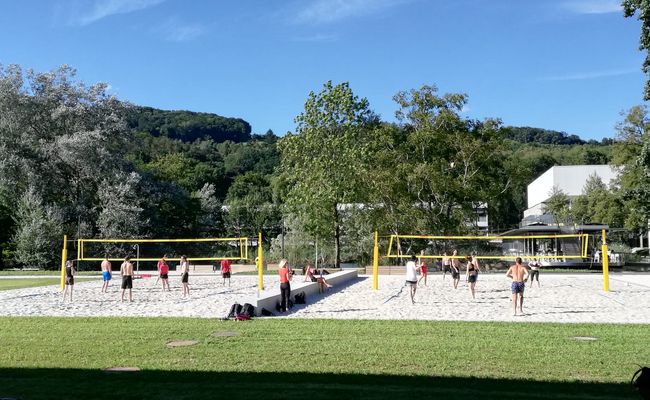The Master's degree program in Polymer Engineering & Sciences builds on the Bachelor's degree program, preparing you to become an interdisciplinary, technical and scientific expert capable of solving problems in industry and science, whereas the Master's degree program in Sustainability and Plastics Management focuses on socio-economic, political, and macrosocial skills, educating you as a transdisciplinary expert capable of addressing social challenges by means of technical (plastics) solutions.
Sustainability and Plastics Management (SPM) involves a well-rounded approach to balancing courses in management and plastics engineering with the opportunity to individually prioritize between the two. Polymer Engineering and Science (PES), on the other hand, focuses primarily on technical subject areas.

![[Translate to Englisch:] Univ.-Prof. Dr. Zoltàn Major](/fileadmin/_processed_/7/2/csm_Zoltan-Major-Univ-Prof-jku-linz-2024-Kunststofftechnik_0ee27b6828.png)



